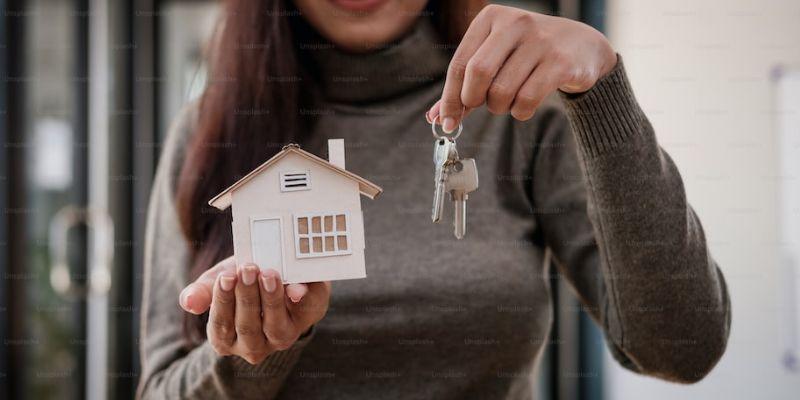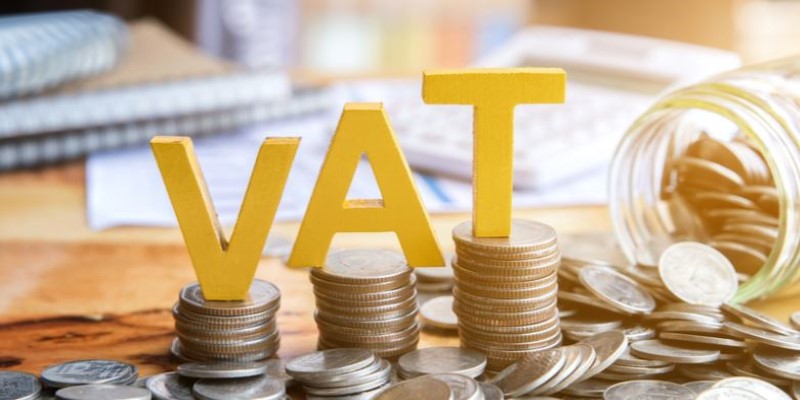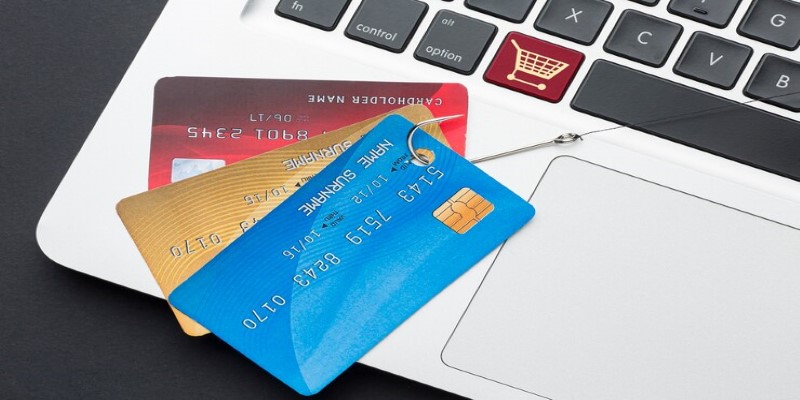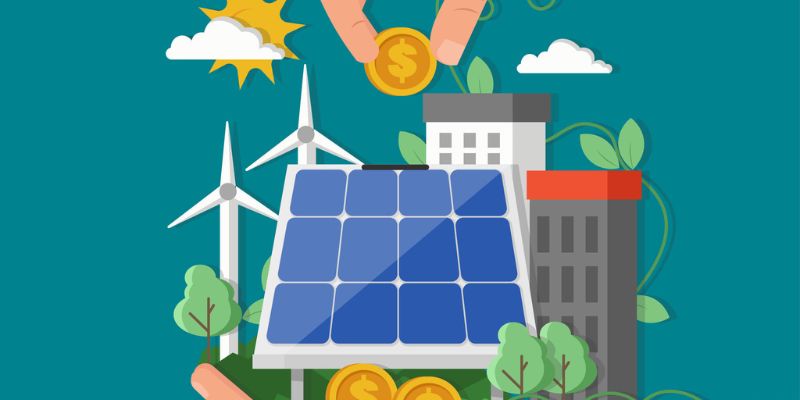
Are you looking to buy a home shortly but lack the funds for a down payment? Saving money can be difficult, especially when it requires sacrifice and delayed gratification. However, you can build up your savings to secure your new dream home with discipline and perseverance. We will discuss tips on saving for a down payment so you can purchase the house of your dreams.
How Much to Save for a Down Payment

When purchasing a home, you must make a down payment. The amount of money required for this can vary depending on the type of loan you are getting and other factors. Generally, most lenders require at least 3% to 5% of the total purchase price as a down payment.
In addition, keep in mind that you may also have to pay closing costs associated with your mortgage. These costs typically run around 2% to 5% of the loan cost, so be sure to factor this in when calculating how much money you need to save up for your down payment.
Ways to Save for a Down Payment

Park the savings somewhere you can earn more money
Once you have determined how much money you need for your down payment, it's time to start saving. The best way to do this is by parking the savings somewhere to earn more money, such as a high-yield savings account or CD. This will help you reach your goal faster and with greater interest earned on the money saved over time.
Create a budget and stick to it
Creating an accurate one is essential when saving for a down payment. Ensure all your expenses are accounted for, including housing costs, food, utilities, transportation, etc. Consider cutting back on unnecessary expenses like dining out or shopping trips until you have achieved your saving goal.
Set up automatic transfers
Setting up a monthly automatic transfer from your checking account to your savings or CD account is another excellent approach to save for a down payment. This will assist you in sticking to your savings objectives and eliminate the temptation to spend money that should be put aside.
Ladder your CDs
Laddering CDs is a great way to maximize your savings for a down payment. This strategy involves setting up multiple CDs with different maturity dates to make the funds available when needed. By doing this, you can earn more interest on the money saved while still having access to the funds when needed.
Sell unused items
If you're serious about saving for a down payment, consider selling items you no longer use or need. Look around your home and see if any items could be sold online or at a yard sale. The money from these sales can be put towards your down payment savings goal.
Look for down payment matching programs
You may take advantage of down payment matching programs your city or state offers. These programs typically match a portion of the money saved for a down payment up to a certain amount. Check with your local government agency to see if such programs are available.
Search for assistance in your state or city
In addition to down payment matching programs, there may also be other assistance programs offered by your local government that can help you with the cost of a down payment. Eligibility for these programs varies, so be sure to search online or contact your city or state agency for more information.
Scrutinize your expenses
Take the time to scrutinize your expenses. Look for areas where you can cut back or make small changes that will add up. It could be something as simple as making coffee at home instead of buying it each day or cutting out streaming services until your down payment savings goal is achieved.
Request a raise
If you have been at your job for a while, consider asking for a raise. This can boost your income and enable you to save more money each month for your down payment. Ensure you are prepared with data points illustrating how much value you have added to the company before requesting the salary increase.
Press pause on other savings goals
Finally, consider pausing other savings goals until you have saved the money needed for your down payment. If you save for a vacation or car purchase, put those funds toward your home savings instead. Doing so will help you reach your goal faster and give you peace of mind knowing that you are one step closer to owning a home.
Ask for a gift
When you need a down payment, asking your family for help can be an excellent way to get the funds needed. Family members may be more willing and able to assist financially if they understand the importance of owning a home. Ask them how much they can contribute to your down payment, and explain why this is important.
Try to have a plan when requesting money from loved ones, and make sure it includes realistic expectations about how much they can afford to give. Be prepared with details on the house you want to purchase and what other financial resources you have available. Showing that you have done the research and put thought into this request will make it easier for family members to assist.
Move back home
If you are unmarried or have no family to ask for help with the down payment, consider moving back in with your parents. This can free up money for other expenses, such as a down payment, and enable you to save faster. Make sure you discuss expectations ahead of time so that everyone is on the same page about living arrangements and any potential conflicts that may arise.
Saving for a down payment requires dedication and discipline. By following the tips outlined above, such as creating an accurate budget, laddering CDs, and selling unused items, you can save enough money to make your dream home a reality.
Remember to also look into down payment matching programs or assistance programs offered by your local government that could help with the cost. Finally, pause on other savings goals until your down payment has been achieved. With patience and perseverance, you can buy the house of your dreams in no time.
FAQS
What is the 50-30 20 rule?
According to the 50-30-20 rule, you should budget 50% of your income for necessities (like housing, food, and utilities), 30% for discretionary spending (like dining out, shopping, etc.), and 20% for financial goals like retirement savings or debt repayment.
How important is a down payment?
A down payment is important because it reduces the money you need to borrow when purchasing a home. With a larger down payment, the mortgage interest rate may be lower, and your monthly payments will be more affordable.
Can the down payment be refunded?
Down payments are generally only refundable if there is a breach of contract on the seller's part. Read through any agreements or contracts thoroughly before making a down payment so that you are aware of all terms and conditions.
Conclusion
Saving for a down payment will help you get the home of your dreams. You can save effectively and efficiently by recognizing how much you need, budgeting appropriately, and taking advantage of any potential incentives. There are various ways to make the process easier and smoother, so stay calm. Utilizing tactics like cutting back on expenses and utilizing direct deposits into your savings account will help grow your nest egg. With the right strategy, discipline, and planning, anyone can realize their goal of having enough for a down payment on an amazing property.











